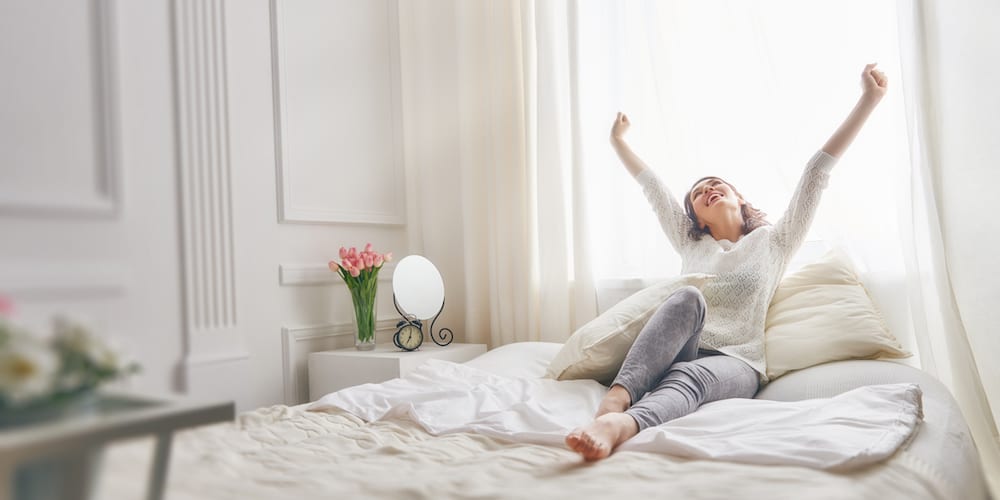A large-scale study by researchers at the University of Exeter Medical School has shed new light on the body clock, and how it links to mental health and disease.
A study, published in Nature Communications, suggests that being genetically programmed to rise early may lead to greater wellbeing and a lower risk of schizophrenia and depression.
“This study highlights a large number of genes which can be studied in more detail to work out how different people can have different body clocks. The large number of people in our study means we have provided the strongest evidence to date that ‘night owls’ are at higher risk of mental health problems, such as schizophrenia and lower mental well-being, although further studies are needed to fully understand this link,” says Professor Mike Weedon, who led the research.
The work was conducted on 250,000 U.S.-based research participants, and 450,000 people in the U.K. All participants were asked if they were a “morning person” or an “evening person”, and their genomes were analysed to look at which genes they had in common which may influence their sleep patterns.
The researchers confirmed their results using information from wrist-worn activity trackers.
Your body clock is influenced by genes and lifestyle factors including diet, exposure to artificial light and your job and activities, and affects a wide range of molecular processes, including hormone levels and core body temperature, as well as your waking and sleeping patterns.
Dr Rachael Panizzo, Programme Manager for Mental Health and Addiction at the Medical Research Council, says: “We know that there are links between how the body clock functions and our health and wellbeing but, to date, we have understood little about the part genetics plays. Now researchers are able to study on an unprecedented scale, the interplay between the genetics of the body clock and the risk of mental health conditions such as schizophrenia and depression. This study provides valuable new insights which we hope will lead to more effective interventions for those most at risk.”
So, next time you reach for that snooze button, think twice.







